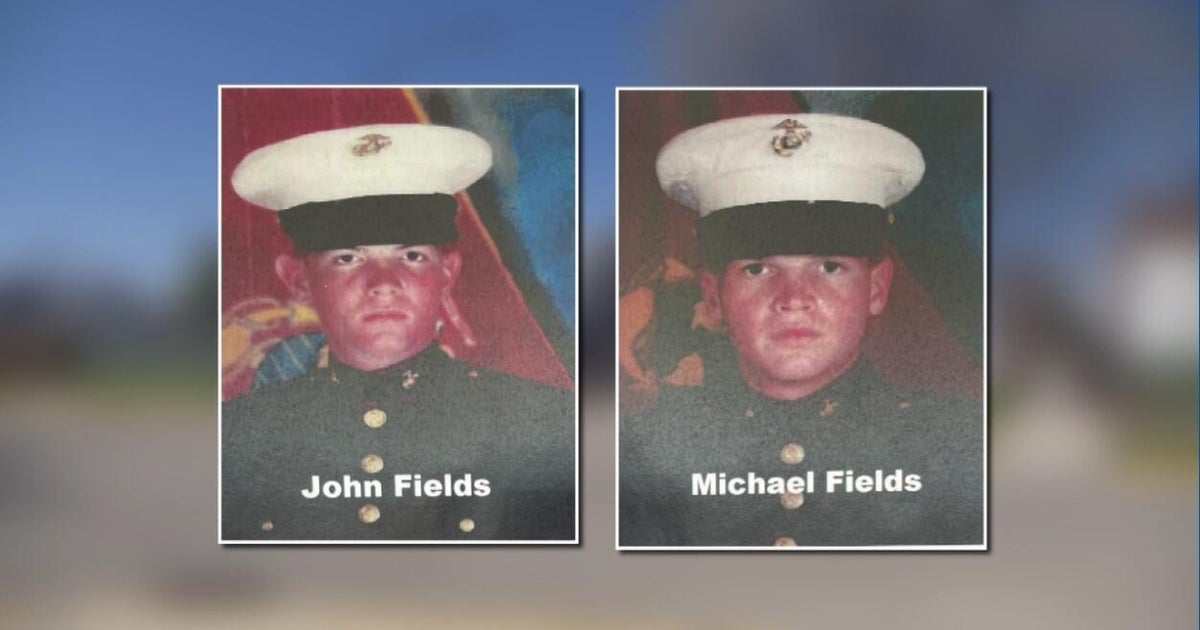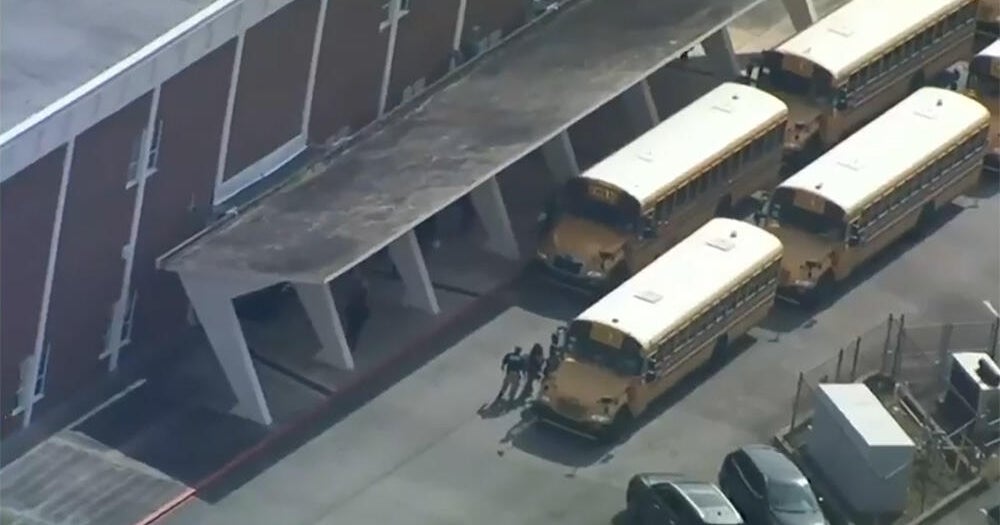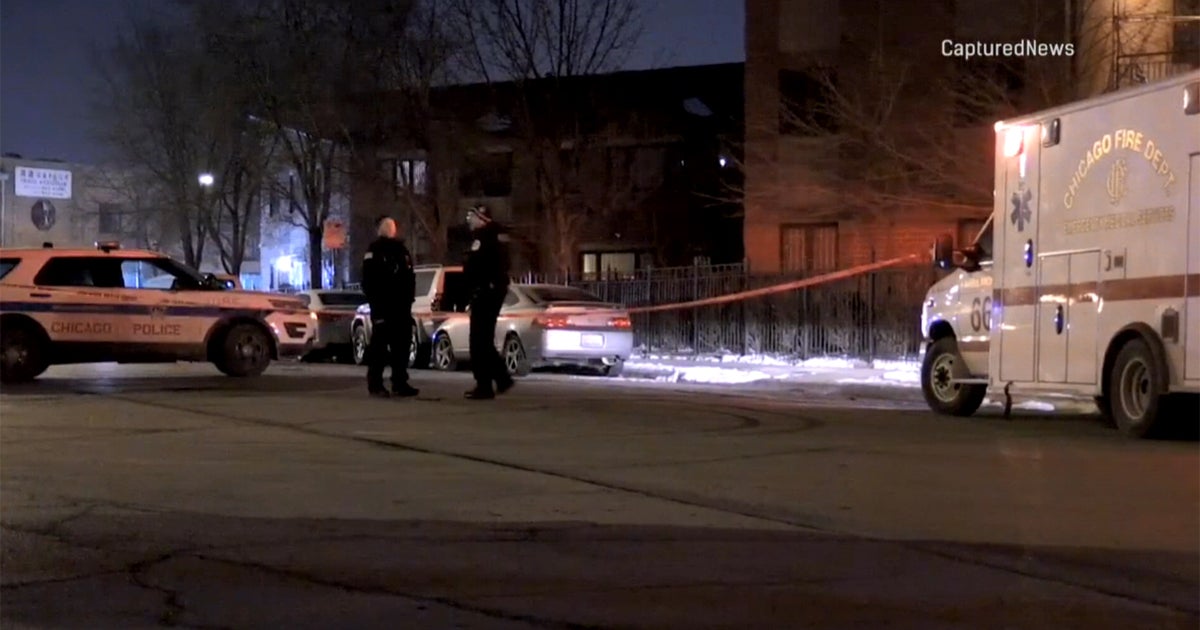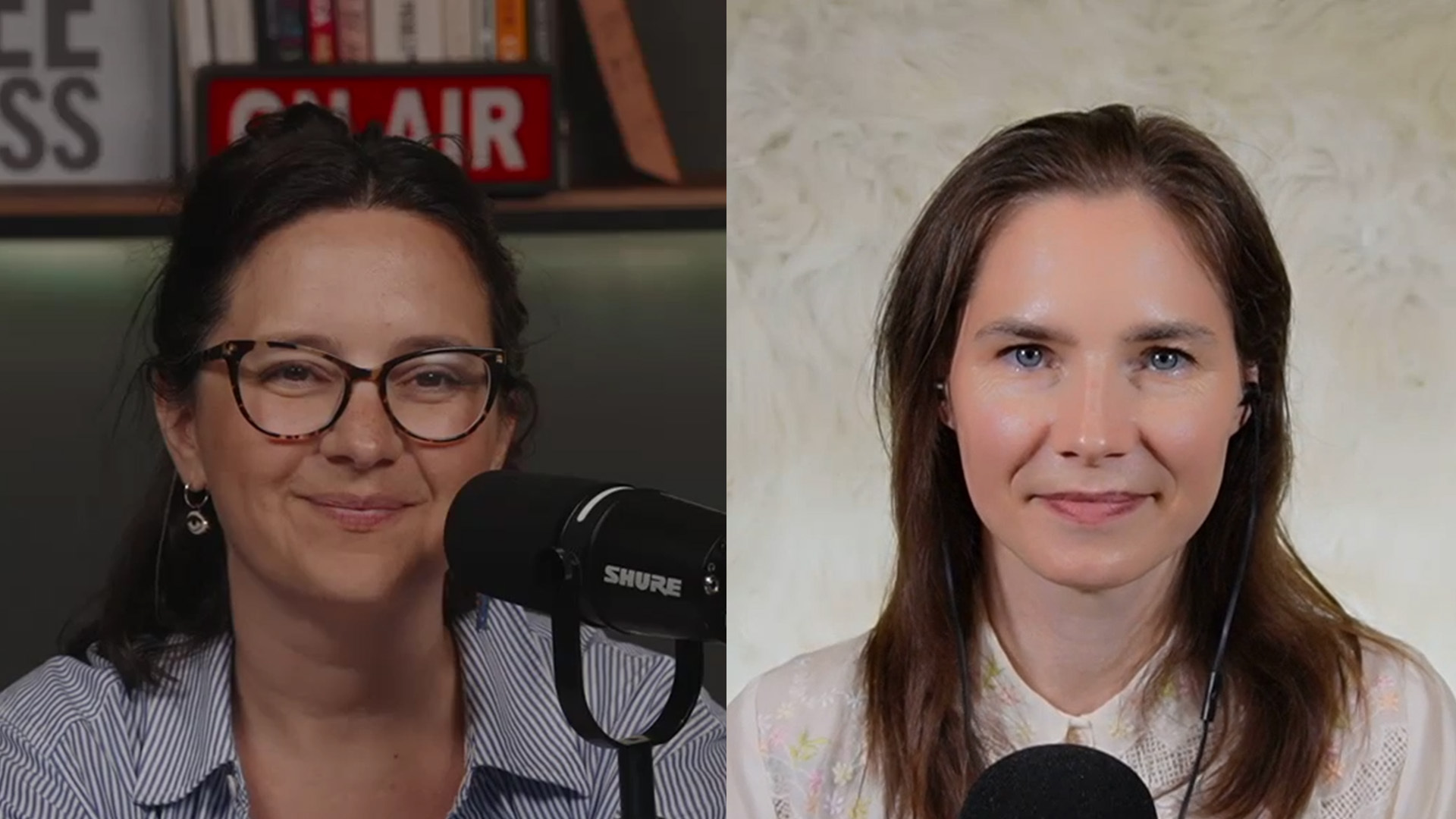Arizona inmate Clarence Dixon set to be executed for 1978 murder of ASU student Deana Bowdoin
An Arizona prisoner convicted in the 1978 killing of a university student is set to be executed Wednesday, the first execution in the state in nearly eight years.
A judge ruled last week Clarence Dixon mentally fit to be put to death. In a ruling signed shortly before midnight last Tuesday and released the following day, Pinal County Superior Court Judge Robert Olson said that that Clarence Dixon has not met his burden "to show that his mental state is so distorted by a mental illness that he lacks a rational understanding of the state's rationale for his execution."
Dixon was convicted of murder in the killing of 21-year-old Arizona State University student Deana Bowdoin. Dixon is scheduled to be executed on May 11.
Lawyers for Dixon said they will appeal the ruling to the Arizona Supreme Court.
Dixon's lawyers argued Tuesday in a court in Florence, Arizona, that executing him would violate protections against executing people who are mentally unfit.
They said he erroneously believes he will be executed because police at Northern Arizona University wrongfully arrested him in a previous case - a 1985 attack on a 21-year-old student. His attorneys concede he was in fact lawfully arrested at the time by Flagstaff police.
Dixon was sentenced to life sentences in that case for sexual assault and other convictions. DNA samples taken while he was in prison later linked him to Bowdoin's killing, which at that point had been unsolved.
Prosecutors, who tried unsuccessfully to get the Arizona Supreme Court to call off the mental competency hearing, said there was nothing about Dixon's beliefs that prevented him from understanding the reason for the execution and pointed to court filings that Dixon himself made over the years.
Defense lawyers said Dixon has been diagnosed with paranoid schizophrenia on multiple occasions, has regularly experienced hallucinations over the past 30 years and was found "not guilty by reason of insanity" in a 1977 assault case in which the verdict was delivered by then-Maricopa County Superior Court Judge Sandra Day O'Connor, nearly four years before her appointment to the U.S. Supreme Court. Bowdoin was killed two days after the verdict, according to court records.
Late Tuesday night, Dixon's lawyers asked the U.S. Supreme Court to review lower-court decisions that denied his request to postpone the execution.
Dixon declined the option of being executed by the gas chamber - a method that hasn't been used in the United States in more than two decades - after Arizona refurbished its gas chamber in late 2020. Instead, the state plans to execute him with an injection of pentobarbital.
The state's hiatus in executions was driven by an execution that critics say was botched and the difficulty of finding lethal injection drugs.
The last time Arizona used the death penalty was in July 2014, when Joseph Wood was given 15 doses of a two-drug combination over two hours. Wood gasped more than 600 times before he died.
Authorities have said Bowdoin, who was found dead in her apartment, had been raped, stabbed and strangled. Dixon had been charged with raping Bowdoin, but the charge was later dropped on statute-of-limitation grounds. He was convicted, though, in her death.
In addition to contesting his mental fitness, Dixon's lawyers made a new attempt on Tuesday to stop his execution.
They filed a lawsuit asking a federal judge to hold off on putting Dixon to death until corrections officials show that the compounded pentobarbital to be used in the execution has been given an expiration date.
About a year ago, prosecutors took steps to seek the executions of Dixon and another death-row prisoner, but the litigation was put on hold by the state Supreme Court because of concerns over the expiration date of the drug to be used in the lethal injections.
In the new lawsuit, Dixon's lawyers said corrections officials gave them heavily redacted records documenting the testing of the drug, but that they didn't provide the assigned expiration date.
The Arizona Department of Corrections, Rehabilitation and Reentry declined to comment on the lawsuit.
States including Arizona have struggled to buy execution drugs in recent years after U.S. and European pharmaceutical companies began blocking the use of their products in lethal injections.
Arizona has 113 prisoners on death row.




